When faced with a cancer diagnosis, selecting the right destination for treatment is crucial. Over the years, Turkey has emerged as a global hub for advanced cancer care, offering world-class medical expertise, cutting-edge technology, and affordable treatment options. With its strategic location bridging Europe and Asia, Turkey combines excellence in healthcare with cultural richness, making it a top choice for medical tourists.
This comprehensive guide explores why Turkey is an excellent choice for cancer treatment, the options available, what you need to know before traveling, and what you can expect during your journey.
Why Choose Turkey for Cancer Treatment?
- World-Class Medical Infrastructure
Turkey is home to internationally accredited hospitals equipped with the latest medical technology. Many healthcare facilities in Turkey hold accreditations from reputable organizations like the Joint Commission International (JCI). - Highly Skilled Specialists
Turkish oncologists are renowned for their expertise and experience. Many have trained or worked in leading cancer centers worldwide and are proficient in treating a wide range of cancers. - Comprehensive Treatment Options
Turkey offers an array of cancer treatments, from conventional therapies like surgery, chemotherapy, and radiation therapy to advanced options like immunotherapy, targeted therapy, and stereotactic radiosurgery. - Affordability
Cancer treatment in Turkey is significantly more cost-effective than in Western countries, often costing 40-60% less without compromising on quality. - Ease of Access
Turkey’s strategic location, with its well-connected airports and visa-friendly policies, makes it an accessible destination for international patients.
Cancer Treatment Options in Turkey
- Surgical Oncology
Advanced surgical techniques, including minimally invasive and robotic-assisted surgeries, are available for removing tumors with precision and faster recovery times. - Radiation Therapy
State-of-the-art technologies like Gamma Knife, CyberKnife, and IMRT (Intensity-Modulated Radiation Therapy) ensure accurate and effective treatment with minimal side effects. - Medical Oncology
Chemotherapy, targeted therapies, and immunotherapy are administered using the latest protocols to achieve optimal outcomes. - Stem Cell and Bone Marrow Transplants
Turkey is a leader in bone marrow transplantation, offering high success rates for patients with blood cancers like leukemia and lymphoma. - Comprehensive Care Programs
Multi-disciplinary cancer care teams collaborate to create personalized treatment plans, combining medical, emotional, and rehabilitative support.
What You Need to Know Before Traveling to Turkey for Cancer Treatment
- Choosing the Right Facility
Research and select a hospital or cancer center known for its excellence in oncology. Look for accreditations, patient reviews, and specialized programs for your type of cancer. - Consultation and Medical Records
Prepare your medical records, including biopsy reports, imaging scans, and previous treatment history. Many Turkish hospitals offer online consultations to discuss treatment plans before your visit. - Cost Transparency
Request a detailed cost estimate from the chosen hospital, covering all aspects of your treatment, including consultations, diagnostics, procedures, and aftercare. - Visa and Travel Arrangements
Turkey’s medical tourism-friendly policies make it easy to obtain a medical visa. Collaborating with a medical travel facilitator can simplify this process. - Accommodation and Support Services
Many hospitals offer on-site or nearby accommodations for international patients and their families, along with language translation and concierge services.
What to Expect During Your Cancer Treatment in Turkey
- Arrival and Initial Consultation
Upon arrival, you’ll have a face-to-face consultation with your medical team to finalize the treatment plan. Additional tests may be conducted to ensure accuracy. - State-of-the-Art Facilities
Hospitals are equipped with advanced technology, providing a comfortable and modern environment for diagnostics, treatments, and recovery. - Patient-Centered Care
Multi-disciplinary teams, including oncologists, surgeons, radiologists, and support staff, work collaboratively to provide holistic care tailored to your needs. - Follow-Up Care
After treatment, your medical team will provide a detailed aftercare plan and guidance for follow-up appointments or continued treatment in your home country. - Cultural and Leisure Opportunities
Between treatments or during recovery, many patients and their families explore Turkey’s rich cultural heritage, stunning landscapes, and world-class cuisine.
Benefits of Choosing a Medical Travel Facilitator
Navigating cancer treatment abroad can be overwhelming. A professional medical travel facilitator can streamline your journey, offering:
- Access to Top Cancer Centers: Partnering with leading hospitals and specialists.
- Coordination of Care: Handling appointments, documentation, and follow-ups.
- Travel Assistance: Managing visas, transportation, and accommodations.
- Support Services: Providing language interpretation and emotional support.
Conclusion
Turkey’s reputation as a leader in cancer treatment continues to grow, thanks to its combination of advanced medical care, experienced specialists, and cost-effective options. Choosing Turkey for your cancer care journey ensures access to world-class treatments and a patient-focused approach that prioritizes your well-being.
For a seamless and stress-free experience, partnering with a trusted medical travel facilitator can make all the difference, ensuring you receive exceptional care while focusing on what truly matters—your health and recovery.



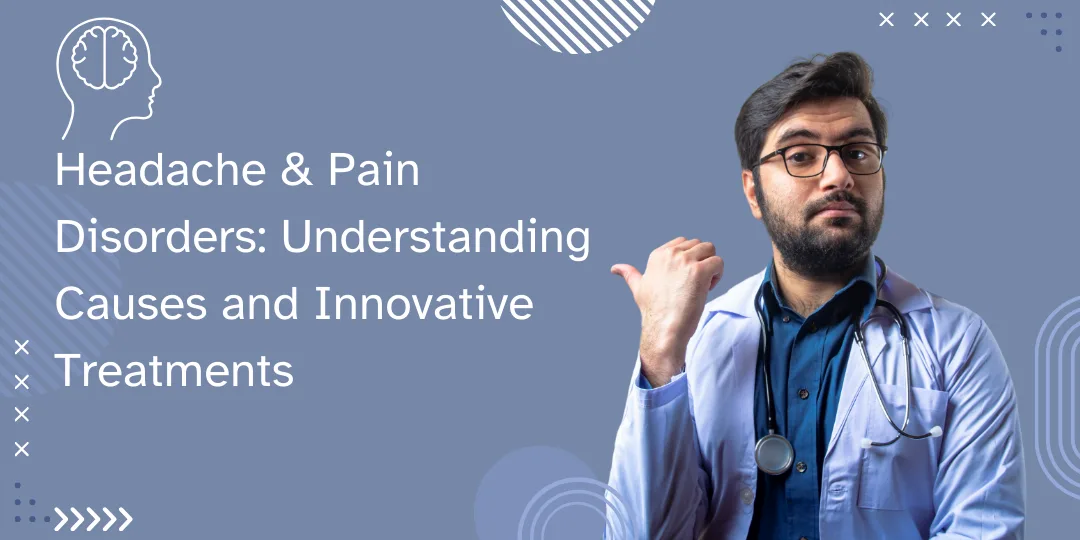
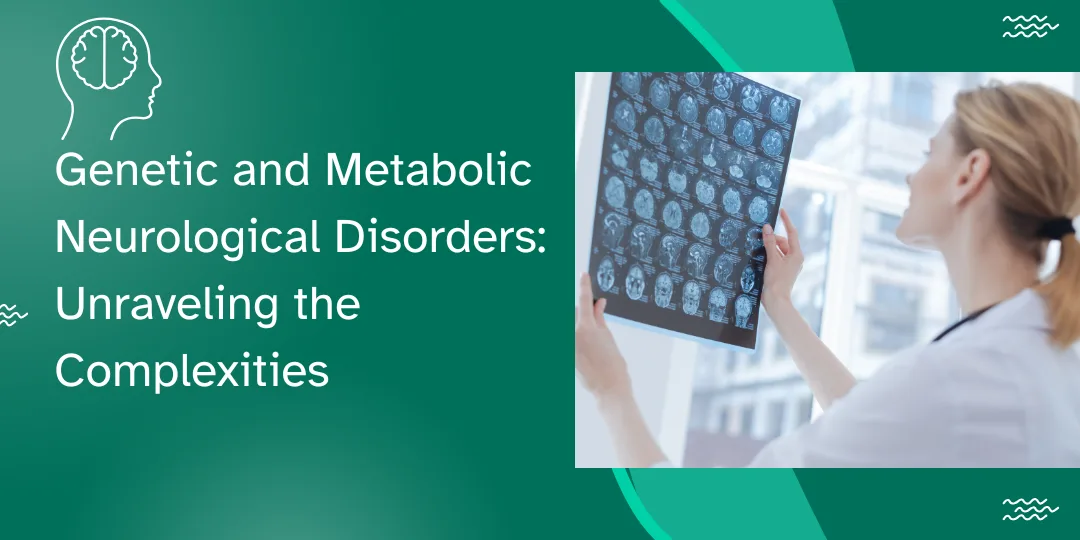
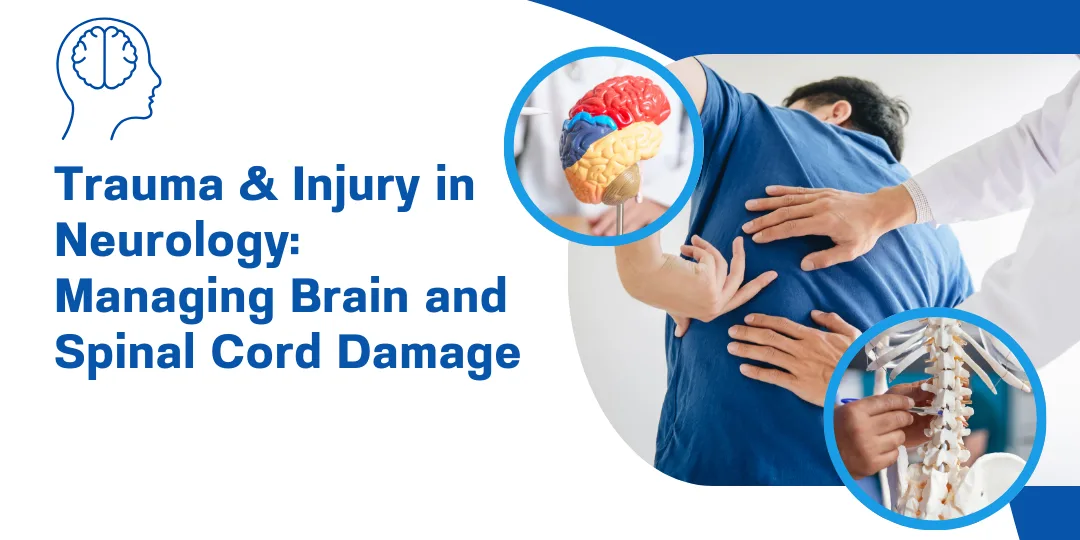

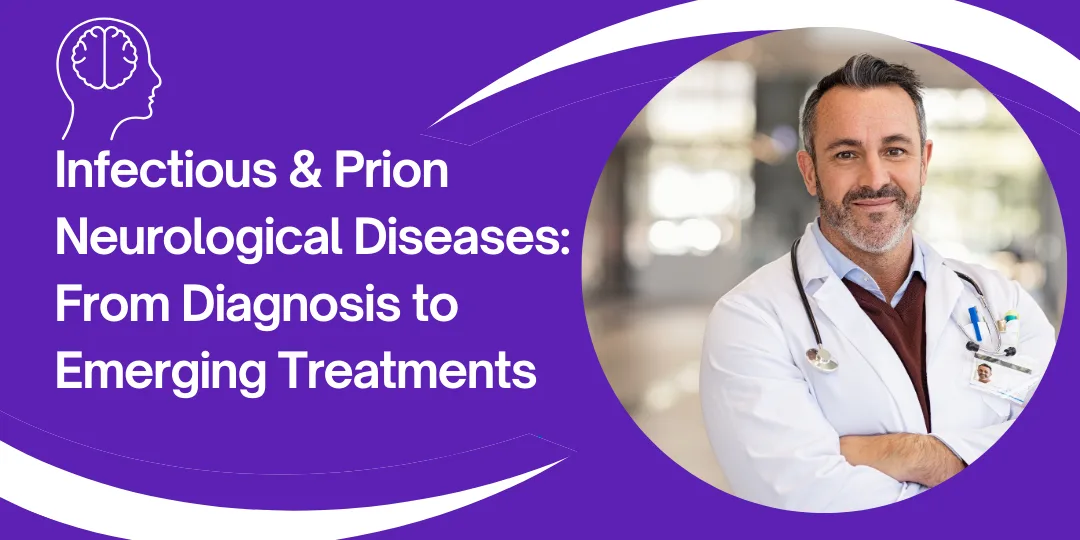
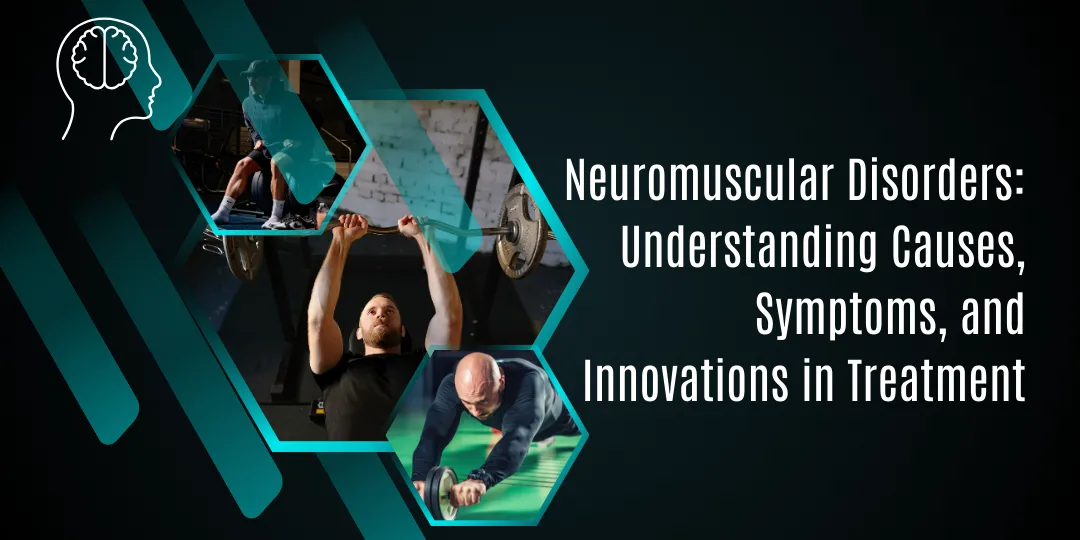
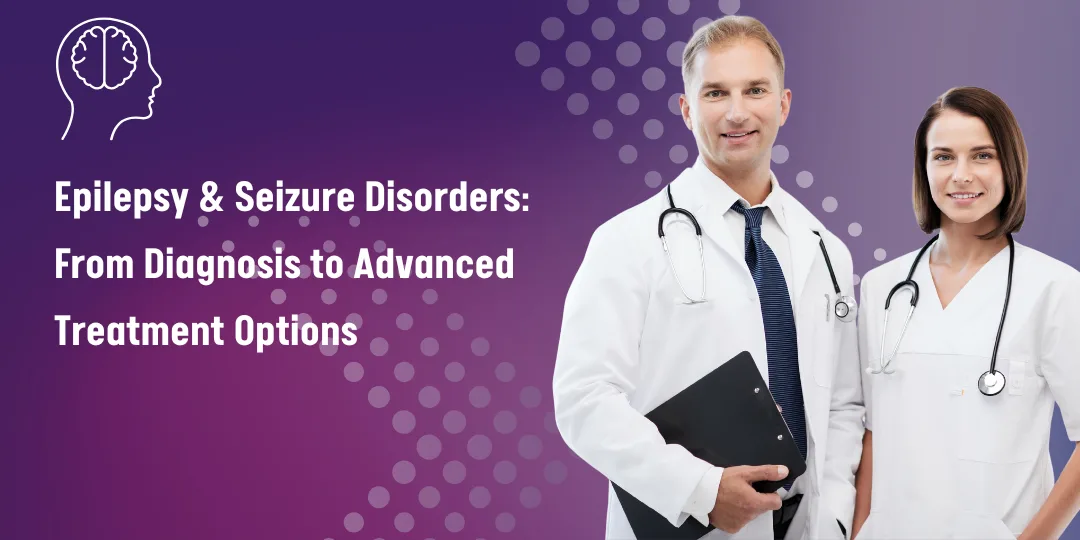

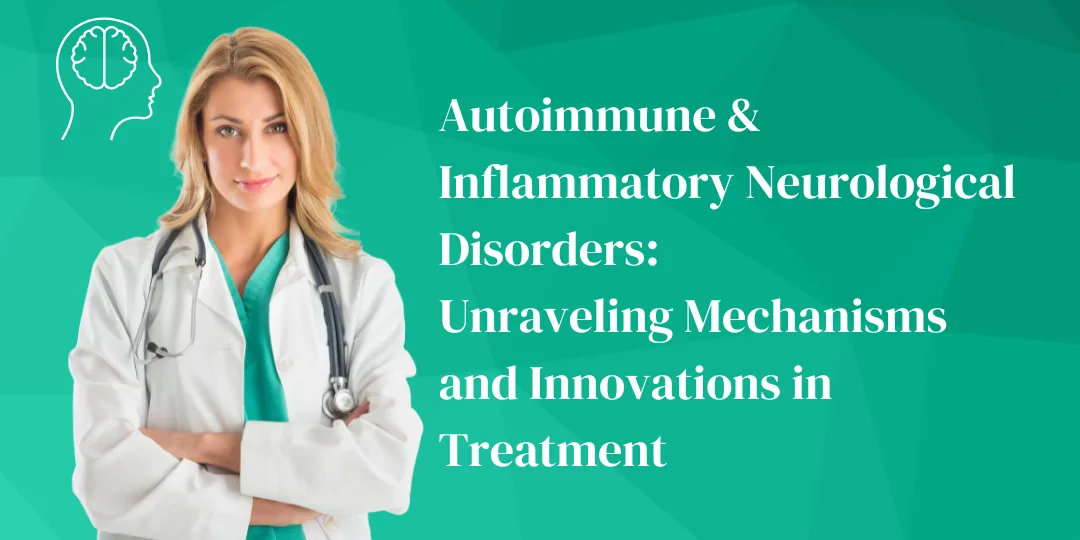
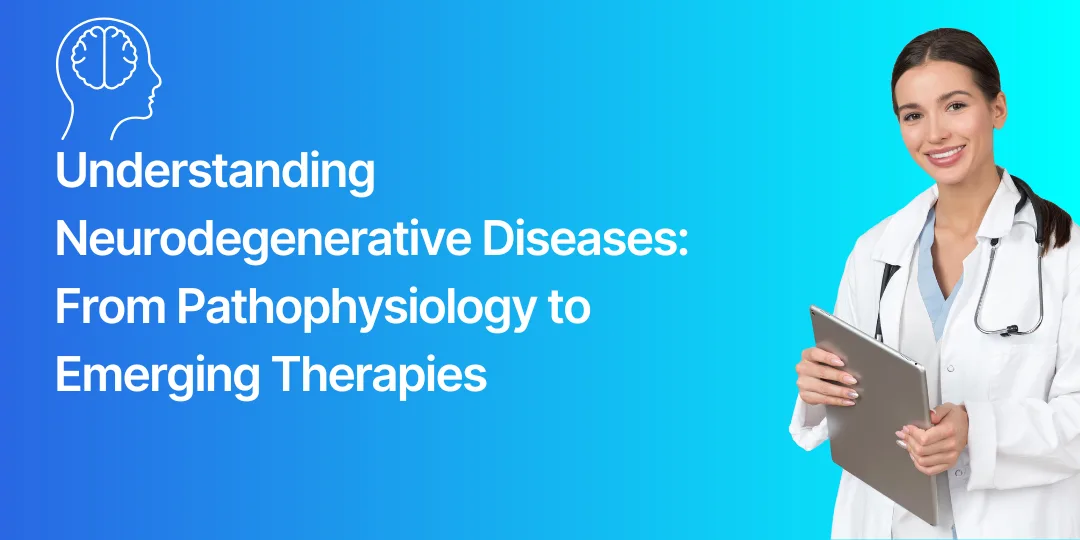
0 Comments